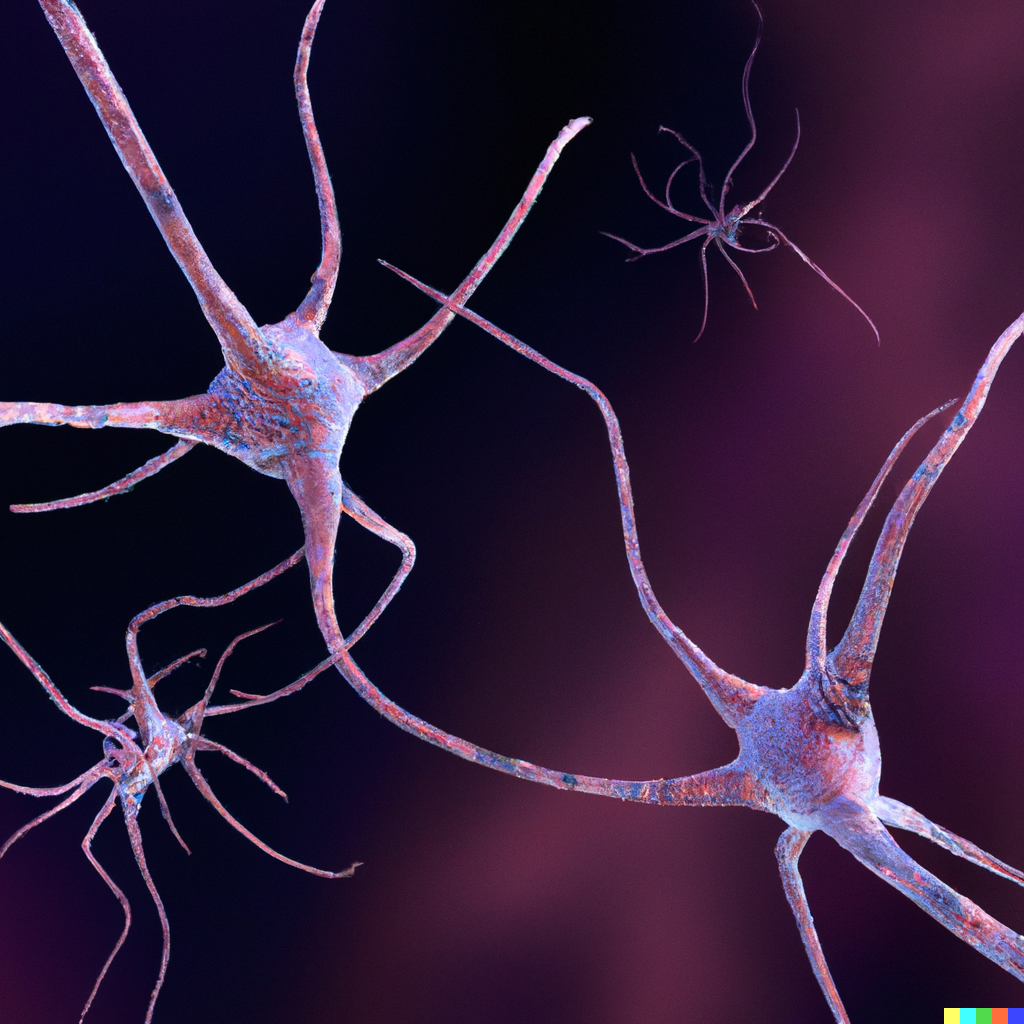Can aromatherapy oils help prevent Parkinson’s disease?
Parkinson’s disease (PD) is a complex neurological disorder that affects movement and often leads to symptoms like tremors, stiffness, and difficulty with balance. While there is no known cure for Parkinson’s, researchers are exploring various ways to help manage symptoms and possibly slow its progression. One area of growing interest is the use of aromatherapy oils—natural plant extracts used in scent form—to support brain health and potentially protect against Parkinson’s.
### Can Aromatherapy Oils Help Prevent Parkinson’s?
Current scientific studies suggest that certain essential oils may have neuroprotective properties, meaning they could help protect nerve cells from damage linked to Parkinson’s disease. These oils might reduce oxidative stress (a harmful process damaging brain cells), inflammation, and improve motor function—all important factors in PD management.
### Key Essential Oils Studied for Parkinson’s
– **Citrus japonica Peel Oil**: Research shows this oil can reduce both motor (movement-related) and non-motor symptoms associated with PD. It helps lower oxidative stress in the brain and influences gene expression related to neuron protection[1][4].
– **Cedrol**: Found in some coniferous plants, cedrol demonstrated promising effects in animal models by improving behavior related to PD symptoms and reducing markers of oxidative stress[2].
– **Rosemary Oil**: Known for its stimulating aroma, rosemary oil may increase blood flow in the brain which supports better concentration and memory retention. This could be helpful as cognitive decline sometimes accompanies Parkinson’s[3].
– **Lavender Oil**: Lavender is widely recognized for calming anxiety and improving sleep quality—both common challenges for people with PD. Its soothing effect on the brain’s emotional centers can enhance overall well-being[3].
– **Cypress Oil**: This oil has anti-inflammatory properties that may ease muscle stiffness, cramps, or spasms typical of PD motor symptoms by improving circulation[3].
### How Do These Oils Work?
The beneficial effects appear linked mainly to their antioxidant capabilities—helping neutralize harmful molecules called free radicals—and their ability to modulate inflammation within the nervous system. Some oils also influence neurotransmitter systems or gene expression involved in neuron survival.
For example:
– Reducing oxidative stress protects dopamine-producing neurons which are progressively lost in Parkinson’s.
– Anti-inflammatory actions help calm chronic neuroinflammation seen as part of PD progression.
– Enhancing cerebral blood flow improves oxygen delivery supporting healthier brain function.
### What Does This Mean For Prevention?
While these findings are encouraging, most evidence comes from laboratory or animal studies rather than large human trials yet. Aromatherapy oils show potential as complementary approaches but should not replace conventional medical treatments or lifestyle measures known to support neurological health such as exercise or a balanced diet.
Using essential oils safely—for instance through diffusion or topical application diluted properly—may offer supportive benefits like improved mood, relaxation, better sleep quality, reduced muscle discomfort, and possibly some neuroprotection over time.
### Bottom Line
Aromatherapy oils like citrus peel oil, rosemary, lavender, cypress oil—and compounds such as cedrol—hold promise due to their antioxidant and anti-inflammatory effects relevant to preventing or slowing aspects of Parkinson’s disease development[1][2][3]. However:
– More clinical research on humans is needed before confirming their effectiveness specifically for preventing PD.
– They work best when combined with other healthy habits under professional guidance.
In summary: aromatherapy might be a helpful natural tool alongside traditional care but not a standalone solution against Parkinson’s disease at this stage.





